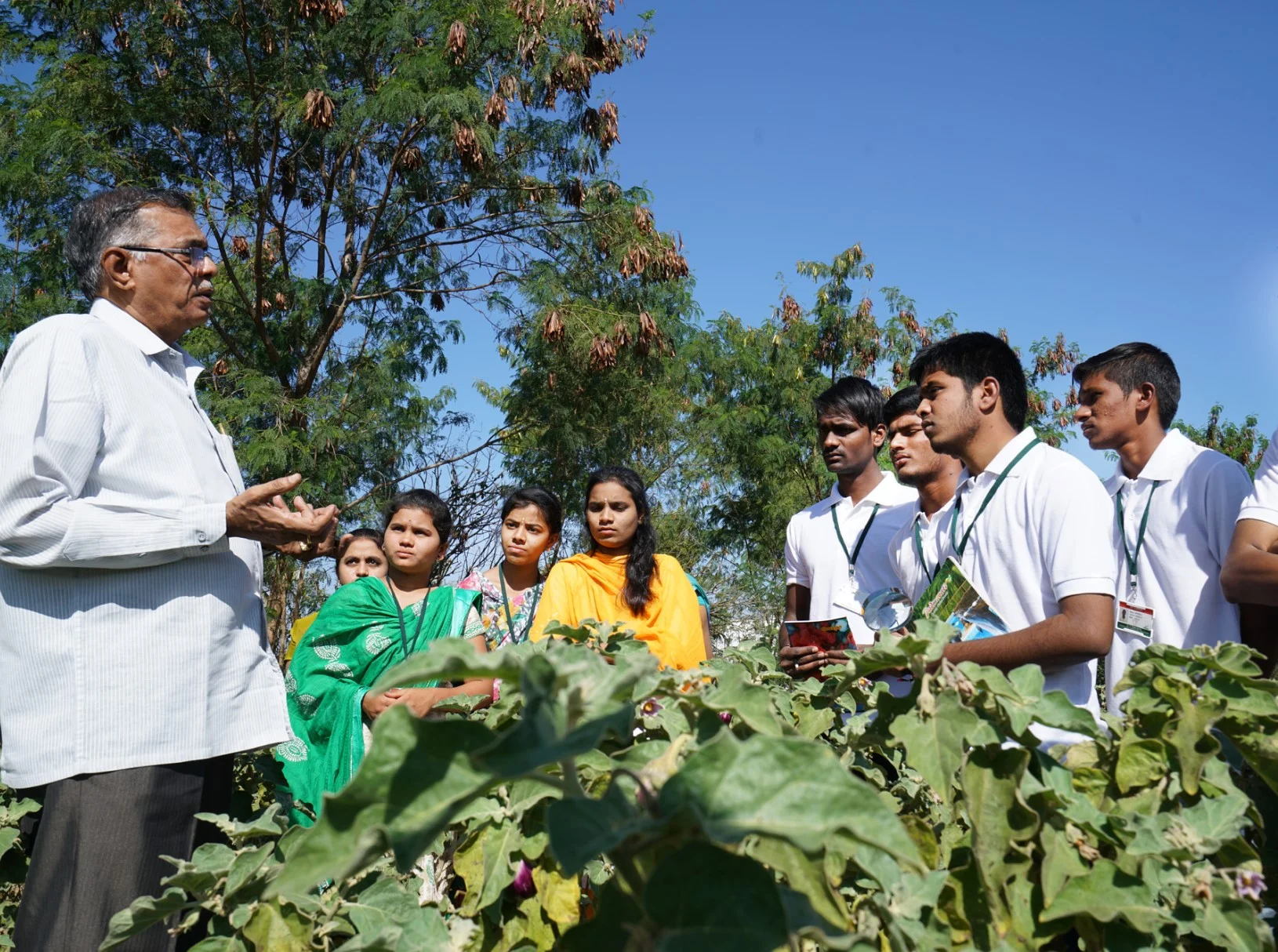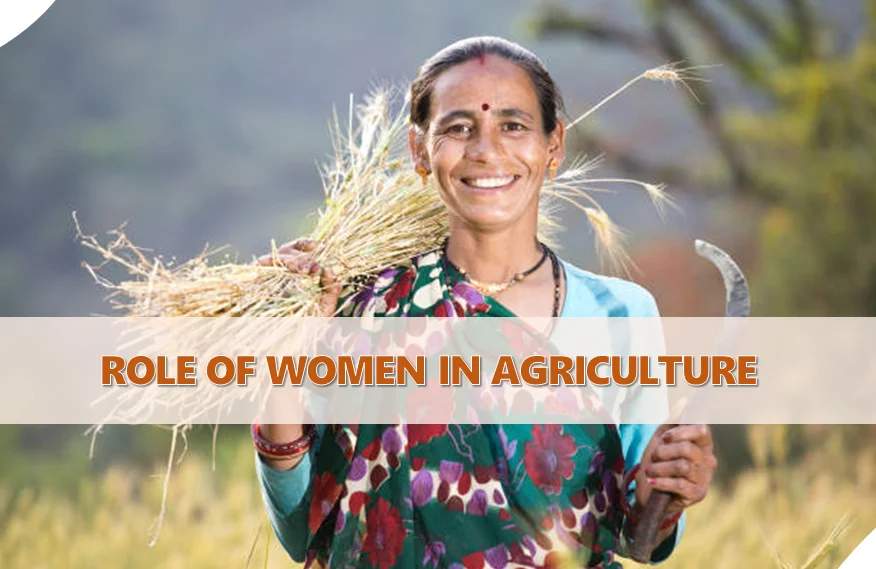Agricultural Education and Training in India: Agriculture has always been the backbone of India’s economy, employing a significant portion of the population. With the growing demand for food, changing farming practices, and the need to increase productivity, agricultural education and training in India have become more important than ever. Agricultural education provides knowledge and skills that are essential for increasing the productivity and sustainability of the agricultural sector. This article discusses the significance of agricultural education and training, its impact on rural development, and the initiatives that are shaping the future of Indian agriculture.
Importance of Agricultural Education and Training in India:

Agricultural education in India is crucial for the empowerment of farmers, especially in the context of modern challenges such as climate change, resource depletion, and the growing demand for food. Through agricultural education, students are equipped with the necessary tools to understand and adapt to the changing landscape of agriculture. Focusing on both theoretical knowledge and practical skills, this education provides solutions to improve farming methods, increase crop yields, and reduce reliance on traditional practices that may no longer be viable.
The agricultural education system in India includes many institutions offering diploma, undergraduate, postgraduate and doctoral courses in agricultural sciences. These institutions play an essential role in research and innovation, contributing to the development of improved farming practices, pest control techniques and sustainable farming systems.
Training programmes for farmers:
Training programmes for farmers are an essential component of agricultural development in India. These programmes aim to equip farmers with the knowledge and skills required to adopt new technologies, improve farm management and increase production efficiency. Farmer training includes workshops, field demonstrations and practical training in areas such as organic farming, water management, soil conservation and pest management.
Government agencies, NGOs and agricultural institutions regularly conduct training programmes in rural areas to keep farmers updated on the latest agricultural techniques. These initiatives not only improve the livelihood of farmers but also contribute to the overall development of rural India.
Government initiatives in agricultural education and Training in India:
The Government of India has launched various schemes to promote agricultural education and training. For example, the National Agricultural Education Project (NAEP) strengthens agricultural universities and institutions across the country by providing grants for research, infrastructure and faculty development. Krishi Vigyan Kendras (KVKs) or Agricultural Science Centres play a vital role in training farmers and disseminating agricultural knowledge to rural areas.
Moreover, initiatives like Pradhan Mantri Krishi Sinchayi Yojana (PMKSY) focus on improving irrigation systems and water use efficiency, making agriculture more sustainable. In addition, the National Mission on Agricultural Extension and Technology (NMAET) supports various agricultural extension programmes to enhance the skills of farmers through advanced training and access to technology.
Agricultural Colleges and Research Institutions:
India has a vast network of agricultural colleges and research institutions that provide high-quality education and research. Institutions like the Indian Agricultural Research Institute (IARI), the Indian Council of Agricultural Research (ICAR) and state agricultural universities are at the forefront of agricultural research and training. These institutes focus on a wide range of agricultural sciences, including horticulture, agronomy, plant pathology, and agricultural economics.
In recent years, these institutions have worked to incorporate modern technologies such as artificial intelligence (AI), big data, and drones into agricultural education and research. These advancements enable students to learn about cutting-edge innovations that can transform the agricultural sector.
Bridging the knowledge gap:
Despite advances in agricultural education, a significant gap still exists between the knowledge of educational institutions and the real-world challenges of farmers. To address this gap, it is essential to adopt a more practical, hands-on approach to agricultural training. Integrating farm-based learning, field visits, and internships into the curriculum will help students better understand the day-to-day challenges of farming.
Furthermore, agricultural education can be made more inclusive by focusing on the needs of rural women, the elderly, and marginalized groups. This will ensure that the benefits of agricultural education and training reach all levels of society, leading to overall rural development.
Agricultural education and training in India are essential for the growth and development of the agricultural sector. By investing in education, training and research, India can increase the efficiency of its farming systems, promote sustainable agriculture and improve the livelihoods of millions of farmers. With the right support from both the public and private sectors, agricultural education can help India achieve food security, improve rural incomes and build a more resilient agricultural economy.
Read Also: The Role of Women in Agriculture
![]()





